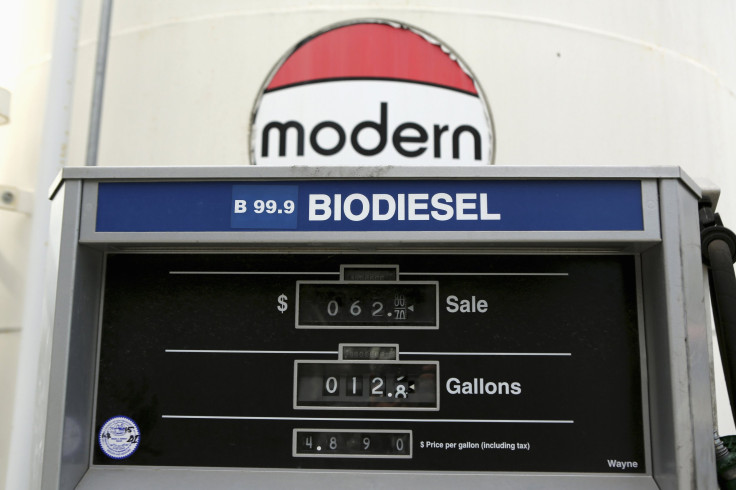Climate Change: Biofuels Have Made It Worse, Study Claims

When most people hear the word biofuel, they tend to think of a fuel that is partly derived from biological matter — as opposed to fossil fuels — and is less polluting than gasoline. But a new study published Thursday turns that conventional wisdom on its head and claims that using ethanol made from corn to run your vehicle produces more carbon dioxide than gasoline.
The contentious study, titled “Carbon balance effects of U.S. biofuel production and use,” was published in the journal Climate Change, and the research received financial support from the American Petroleum Institute, an industry body for fossil fuel companies which has sued the federal U.S. government for its biofuel policies.
The researchers from the University of Michigan Energy Institute (UMEI), however, said that “the analysis, results and conclusions presented [in their study] are those of the authors alone.”
To start off, the research discards the traditional lifecycle analysis method which it says “focuses only on production-related greenhouse gas emissions within a fuel’s supply chain.” Since biofuels are derived from plants, this method reasons that “biofuels are inherently carbon neutral because the CO2 released when they are burned is derived from CO2 uptake during feedstock growth.”
John DeCicco, lead author of the paper, proposed an alternative accounting method for carbon “that treats all carbon flows in a spatially and temporally explicit manner” and “does not treat biofuels as inherently carbon neutral.”
Using crop production data from the U.S. Department of Agriculture, DeCicco and his colleagues from UMEI said in the paper that there was a huge gap between the amount of carbon dioxide emitted by the burning of biofuels and the amount of the gas absorbed by the plants during their growth. They said only 37 percent of the CO2 produced was actually offset, instead of the 100 percent offset assumed in traditional accounting.
In a statement, DeCicco said: “When it comes to the emissions that cause global warming, it turns out that biofuels are worse than gasoline. So the underpinnings of policies used to promote biofuels for reasons of climate have now been proven to be scientifically incorrect. … Policymakers should reconsider their support for biofuels. This issue has been debated for many years. What’s new here is that hard data, straight from America’s croplands, now confirm the worst fears about the harm that biofuels do to the planet.”
The study came under criticism for various quarters.
Daniel Schrag, a professor in geology at Harvard who also advises the Environmental Protection Agency on bioenergy, dismissed DeCicco’s approach, saying it didn’t account for the number of years it takes for bioenergy benefits to reflect in the climate.
“In the long run, there’s no question that biofuels displacing petroleum is a benefit. It’s just a question of how long you have to wait,” he told Climate Central.
© Copyright IBTimes 2025. All rights reserved.





















